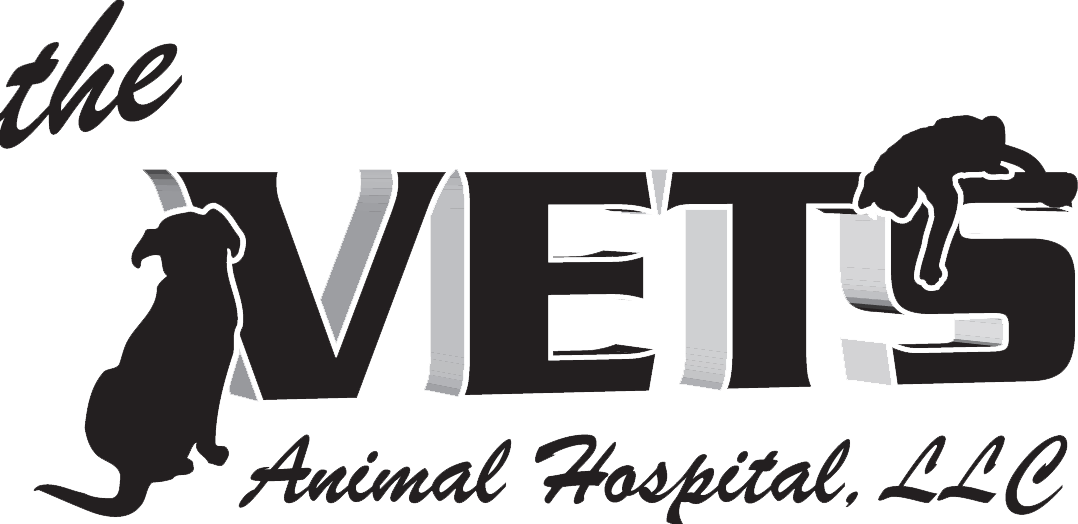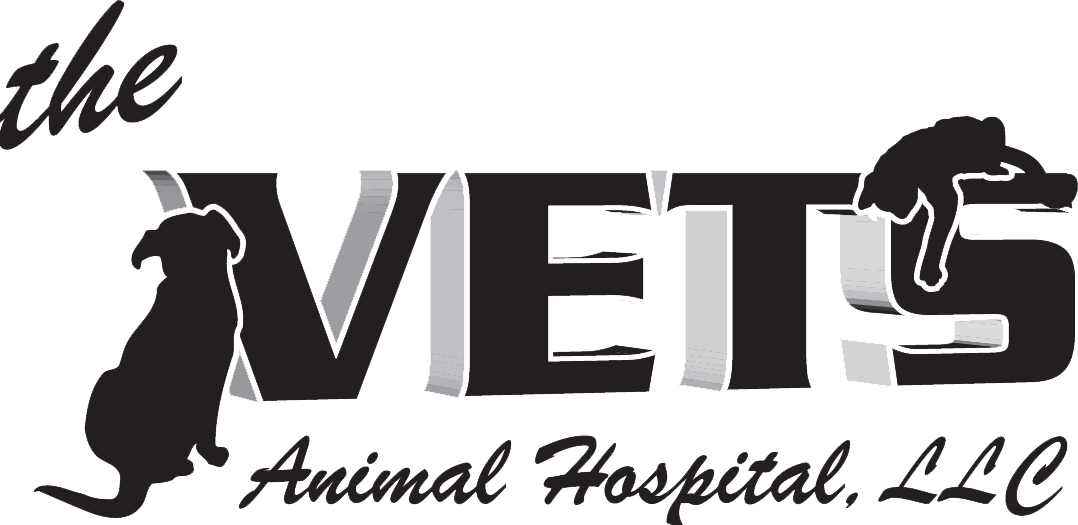Dog: Repetitive Behavior
Repetitive behavior— or the clinical name “stereotypic behavior”—is a normal behavior
performed in a repetitive and compulsive manner. We don’t know if dogs obsess the way
humans do, so we can’t call these behaviors obsessive compulsive.

